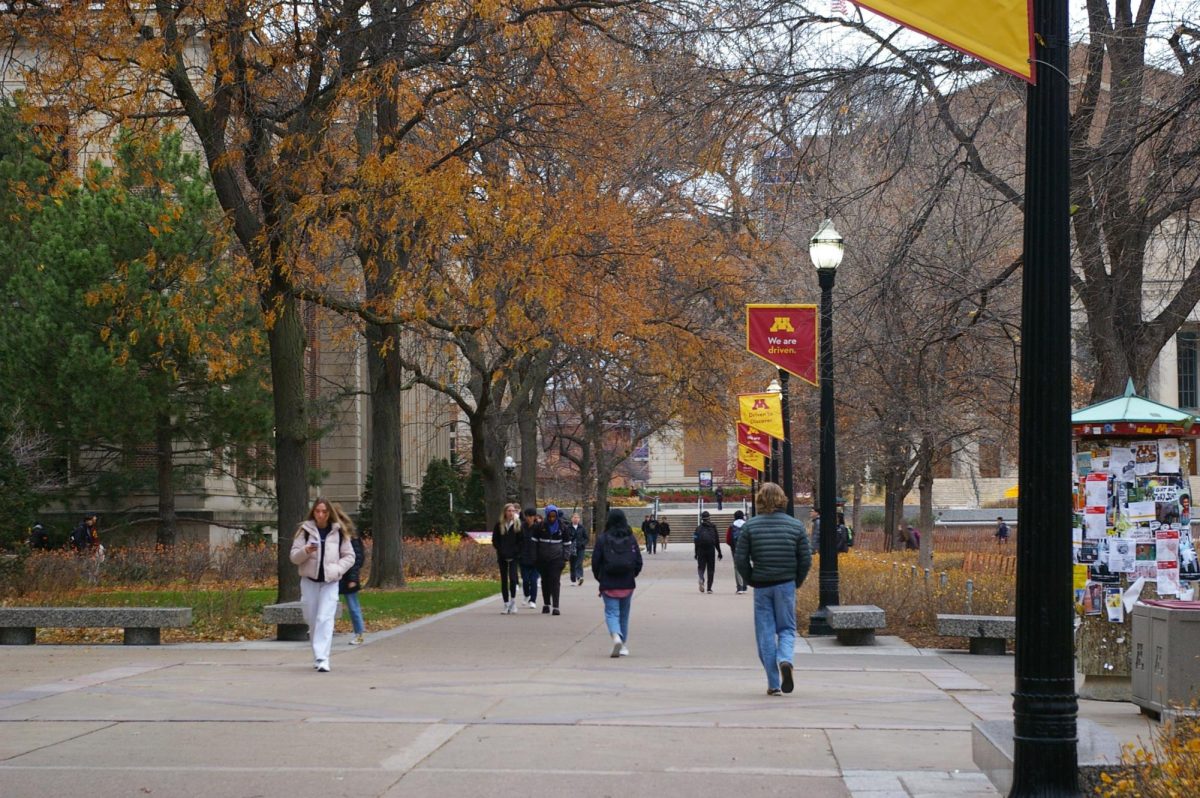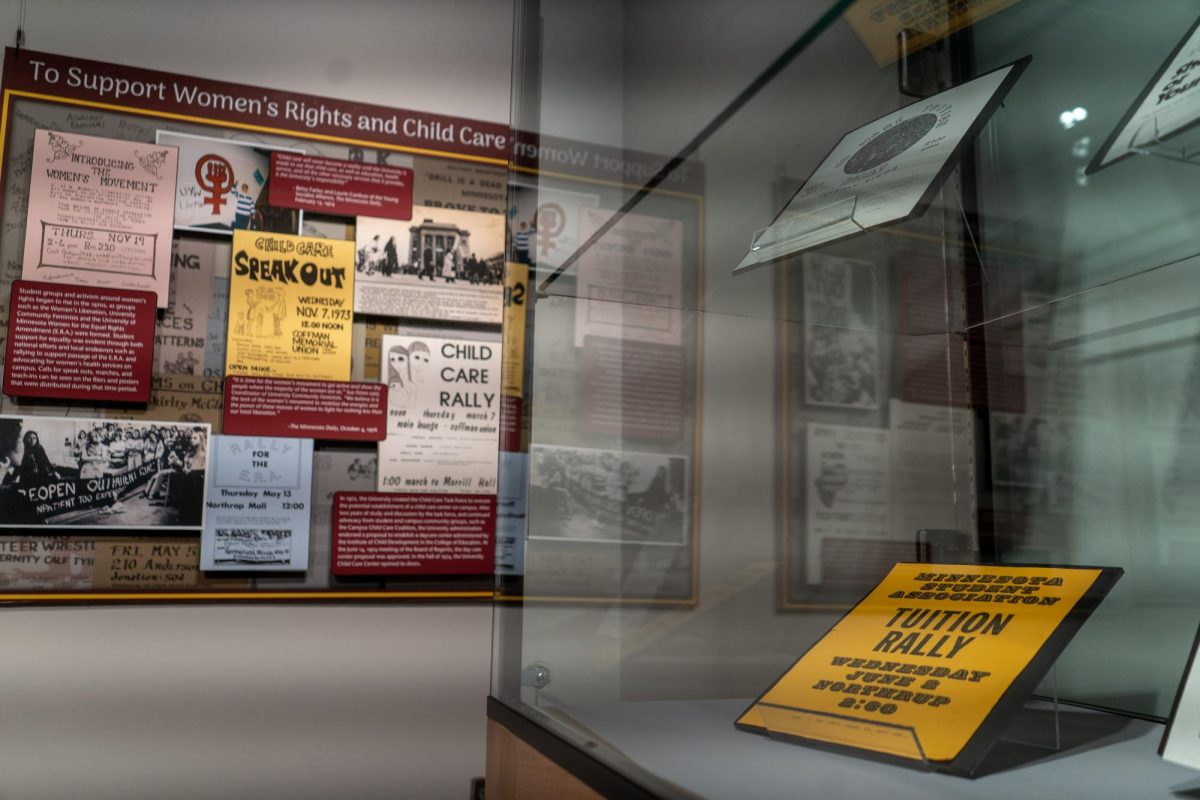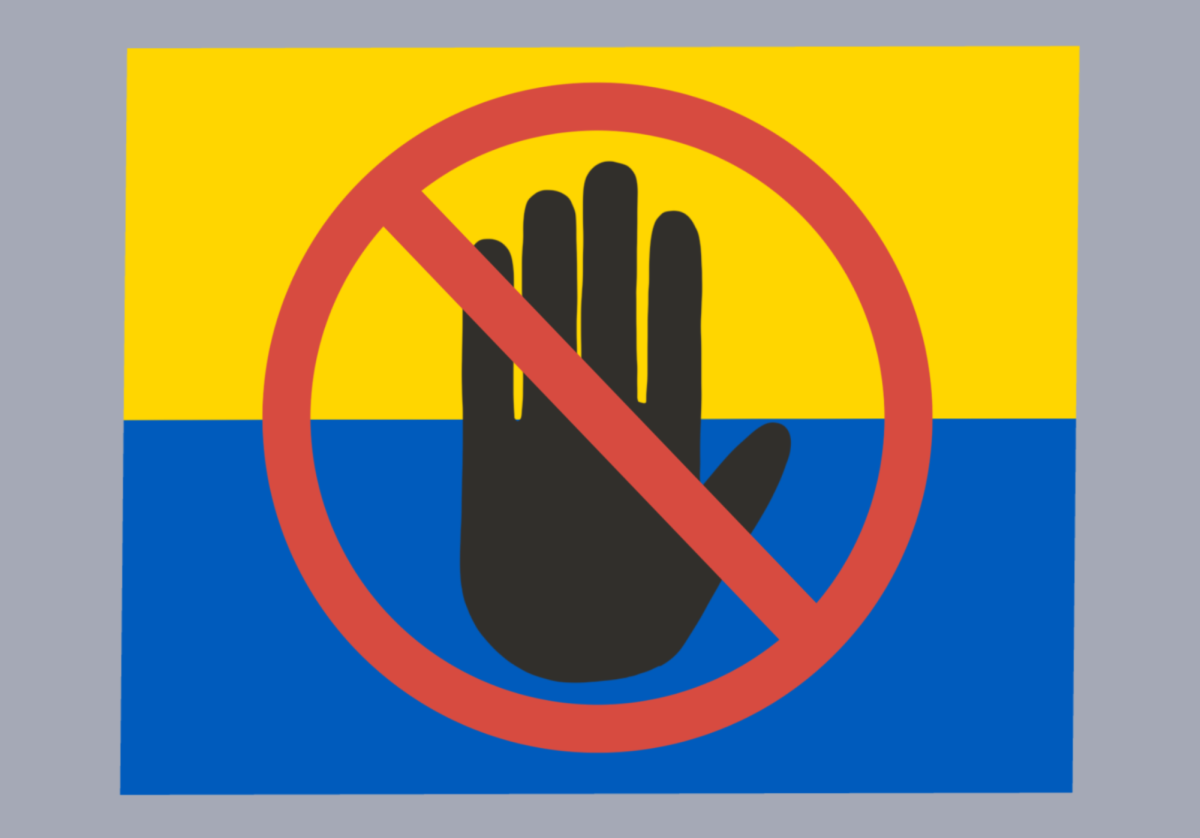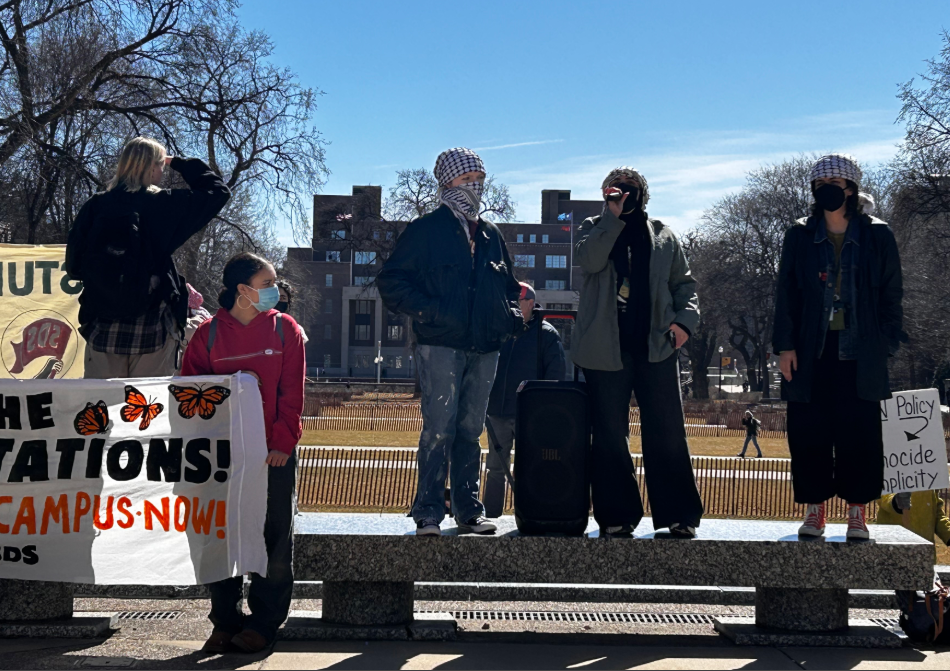Last week was International Stress Awareness Week, and faculty said they are concerned by rising stress levels among University of Minnesota students.
A 36-student survey conducted by the Minnesota Daily showed on a scale of 1 to 5, with 1 being the least stressed and 5 being the most, 77% of the students felt a stress level of 4 or 5.
Dr. Sophia Albott, a psychiatrist with a focus on depression and post-traumatic stress disorder, said students know when they are stressed and small things can feel a lot worse under the pressure of constant stress.
Albott recommended students eat properly, exercise, get at least eight hours of sleep a night and limit their time spent on social media. Not all of these options for aiding stress relief are possible for all students, though, Albott said.
“Stress waxes and wanes,” Albott said. “The more that people have a stress load on their metaphorical plate, it makes it harder to deal with things that come up that are challenging.”
Professors can help reduce student stress levels, Albott added.
One of the suggestions Albott said was a more spread-out course load. When professors put all of their large assignments at the end of the semester, it can overwhelm students and lead to academic burnout, according to Albott.
Albott also recommended professors take time to better understand student mental health and provide accommodations to students who need them.
53% of the students who answered the survey had five or more midterms across all of their classes, according to the survey.
According to the survey, 66.9% of respondents said they spent 20 or more hours from Monday to Friday in class or doing classwork. 75% of students said they have a job they have to balance their classes with, and 44% of those students said they work 20 or more hours a week.
Many students who took the survey left additional comments attributing their stress to factors like poorly formatted Canvas pages and too much busywork across all of their classes.
Jay Hughes, a third-year German major, said they dropped one of their classes because of the quick turnaround time on a large amount of work.
Hughes said overwhelming schoolwork made getting consistent sleep difficult.
The National Sleep Association recommends college students get seven to nine hours of sleep a night. The average respondent to the survey got a little over six hours a night.
“Why does every single professor behave like they’re your only professor? They act like you have no other work,” Hughes said. “It’s all mayhem.”
Some students, like first-year chemical engineering student Ricardo Garcia Del Valle, said professors can do more in the classroom to help reduce student stress levels.
A big source of frustration, according to Del Valle, is not receiving proper feedback on assignments he struggled on. It would reduce his overall stress and time spent studying if he knew what exactly to focus on.
Del Valle said managing out-of-class work becomes overwhelming when it piles up. The average student grade in one of his chemistry classes is 50%.
Sue Wick, a former professor of plant and microbial biology, said when she taught, she had one of her classes work in teams for an entire semester.
The goal behind team-based learning was to lighten the workload across a student group and encourage students to interact more with their classmates.
Wick, who is a big baseball fan, likened the setup to how a team like the Minnesota Twins plays a game.
“To really execute a [baseball] game successfully, everybody does their part,” Wick said. “That’s what team-based learning is like. You try to capitalize on everybody’s strengths, but also challenge them to try new things.”
Wick added she saw student mental health improve with this model because of the cooperation among team members. Student confidence also improved due to this teaching method.
According to Wick, students would feel less stress because of the social element and they would try taking on new roles within the team they did not think they were able to before.
“Any time you’re interacting with people, you have a much better chance of learning something,” Wick said. “Learning really is a social endeavor.”















Steve Hauser
Nov 7, 2023 at 2:24 pm
When I was an undergrad, I lifted weights during major testing weeks. Great stress reliever. I strongly recommend that or having a nice run.
Gianna Bari Lassiter
Nov 7, 2023 at 11:20 am
Professor Wick is an example of someone who works to allow the students to bring the best of themselves to class and their projects. Informative article. Thank you!